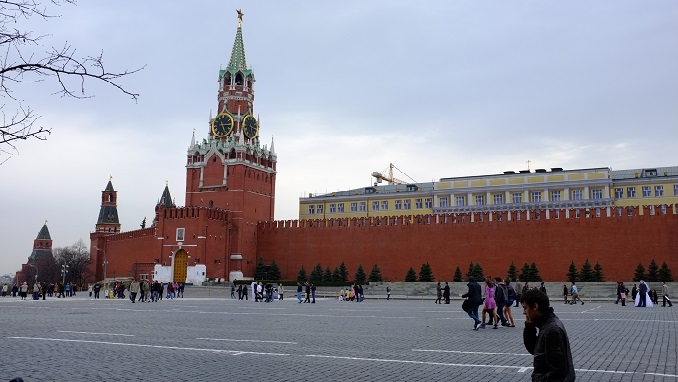Russia’s Agriculture Ministry announced Sunday that the country is limiting its grain exports in response to the growing risks brought on by the coronavirus pandemic, Rossiyskaya Gazeta reported.
From April 1 to June 30, exports of grain – wheat and meslin, rye, barley and corn – outside the EAEU will be limited to 7 million tons, the Ministry of Agriculture said.
Domestic grain prices are expected to stabilize in the near future, the Ministry said, adding that it did not foresee any drop in the country’s supply of flour.
“The set of proposed measures will guarantee the necessary amount of grain in the domestic market, prevent a spike in prices for the main crops, as well as consumer prices for the final products of the milling, groats, baking and meat and dairy sectors for the population,” explains Minister of Agriculture Dmitry Patrushev.
As the coronavirus pandemic spread, Russia’s neighbour, Kazakhstan this week suspended wheat flour exports, although there are talks on a partial lifting of the ban.
Russian flour millers are positive about their production capacity, the agriculture ministry said in a statement. The Russian union of flour millers said that it had asked the ministry “to take measures to eliminate the imbalance in the formation of prices for wheat and flour” in the domestic market.
Millers are finding it difficult to cope with rising domestic wheat prices and only have stockpile available for two to three weeks, the union added on its website. Russia, the world’s largest wheat exporter, has seen a jump in the rouble prices for grain in recent weeks as the Russian currency fell against the dollar.
Further growth in grain prices is unlikely as domestic supply is expected to rise as farmers will be selling stockpiles ahead of the arrival of this summer’s crop, the ministry said. Russia had 32.6 million tons of grain in the stockpile as of February, up 4.5% from a year ago.



